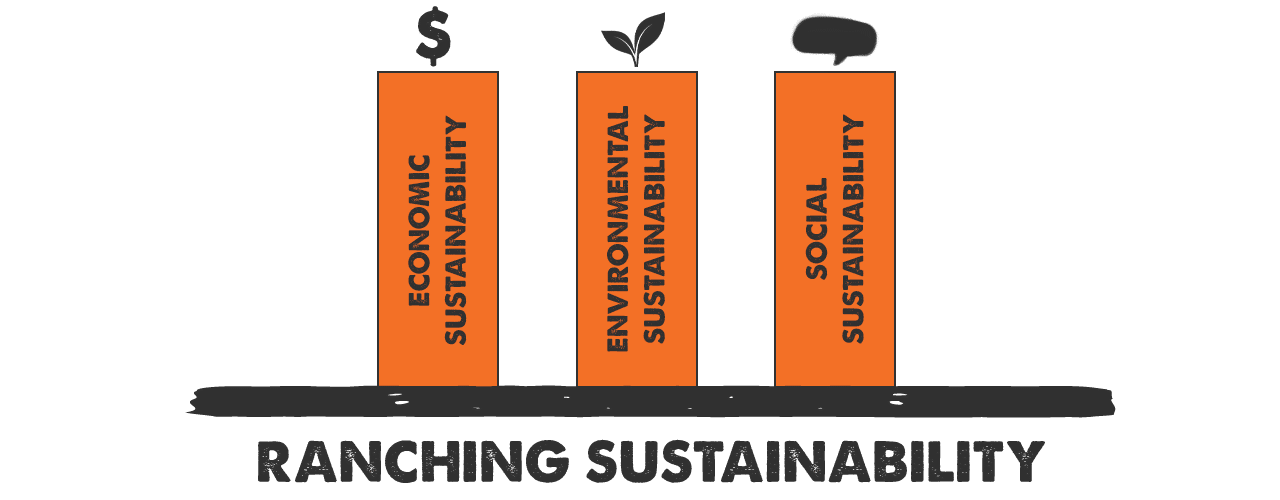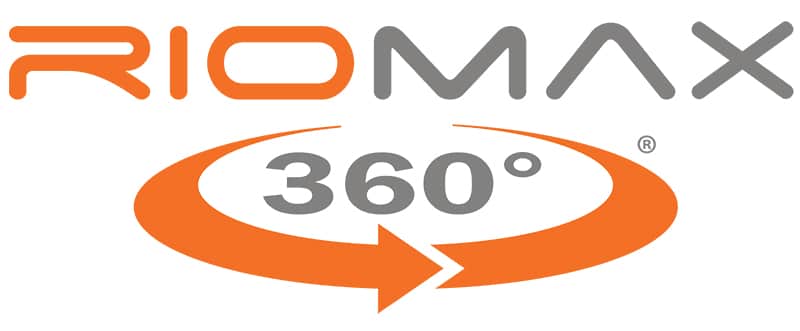Last updated on October 5th, 2023 at 01:48 pm
While the chatter about sustainability and sustainable beef production may have quieted down a bit, the idea of sustainable food production is still top of mind among consumers. “Consumers are still interested in how products are produced and want to feel better about supporting brands that use sustainable methods,” says Darren Seifer, executive director, industry analyst for food and beverage with the NPD Group.
Sustainability for Beef Producers, Defined
Sustainability is largely defined as three pillars—economic sustainability, environmental sustainability, and social sustainability. For beef producers, all three of these play directly into the everyday work of producing safe, healthful beef for consumers.

In fact, beef producers are proving, through increased efficiency in management and production, that they are true sustainability leaders. Over the past 30 years, to produce a pound of beef, land use has gone down 33%, water use has gone down 12% and the beef industry’s carbon footprint has decreased 16%, according to the National Cattlemen’s Beef Association.
Better genetics have no doubt contributed. But did you know that your mineral supplementation efforts also play a big part? Here’s how.
Increase Cattle Production Efficiency with High-Quality Mineral
Proper year-round mineral supplementation increases your production efficiency in a number of ways. These include better conception rates which translate to fewer opens and a higher percentage calf crop; heavier weaning weights with less sickness; and more efficient utilization of hay and pasture because the animals can more efficiently process the nutrients in the feed they consume.
Consider Mike Stark’s experience. The Baker, Montana rancher changed his mineral supplementation program in 2016 and saw 40 pounds extra weight gain on his calves while reducing the amount of hay fed by 10 pounds per day in 2017 and 2018.
Things got even better in 2019. He realized 62 pounds per head extra weight on his steers and 40 pounds on his heifers while feeding 5 pounds per head less hay. What’s more, he saw a 6% increase in breed-up which resulted in 42 more calves.
That’s the definition of economic sustainability. Since he did this on the same acres, that’s the definition of environmental sustainability. And feeding less gave him and his employees more time to do other things, like spend time with their families and attend school and community events. That’s the definition of social sustainability.
Improve Your Ranch Sustainability
The concept of sustainability is not new to cattle producers. How we look at it, however, and how our consumers look at it has changed quite a bit. In the end, however, ranching sustainably is nothing more than improving on what you’re already doing well.
And, that’s why proper mineral supplementation and good cowherd nutrition is the starting point in your sustainability efforts.

Written by Burt Rutherford, Former Senior Editor at BEEF Magazine


